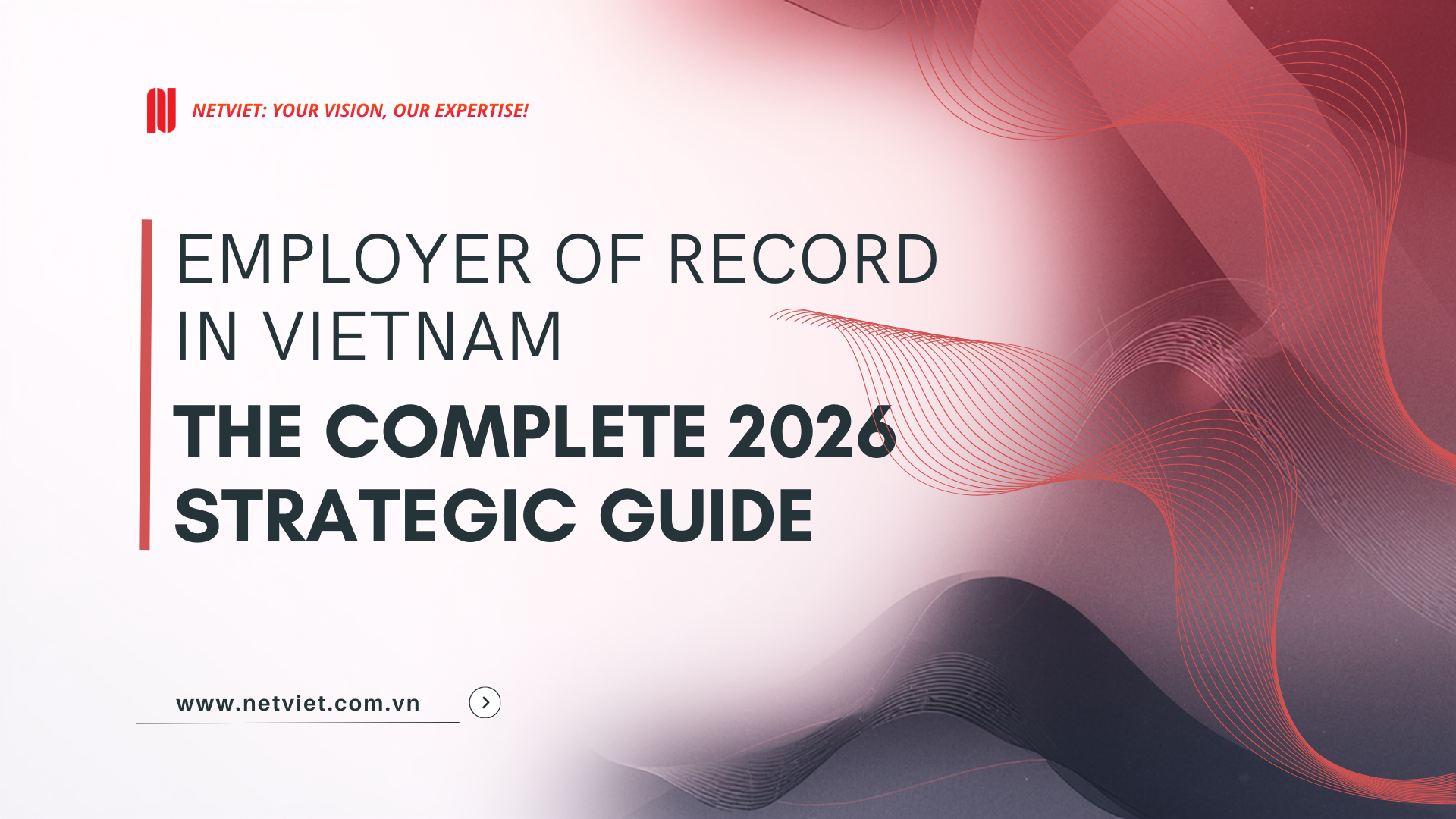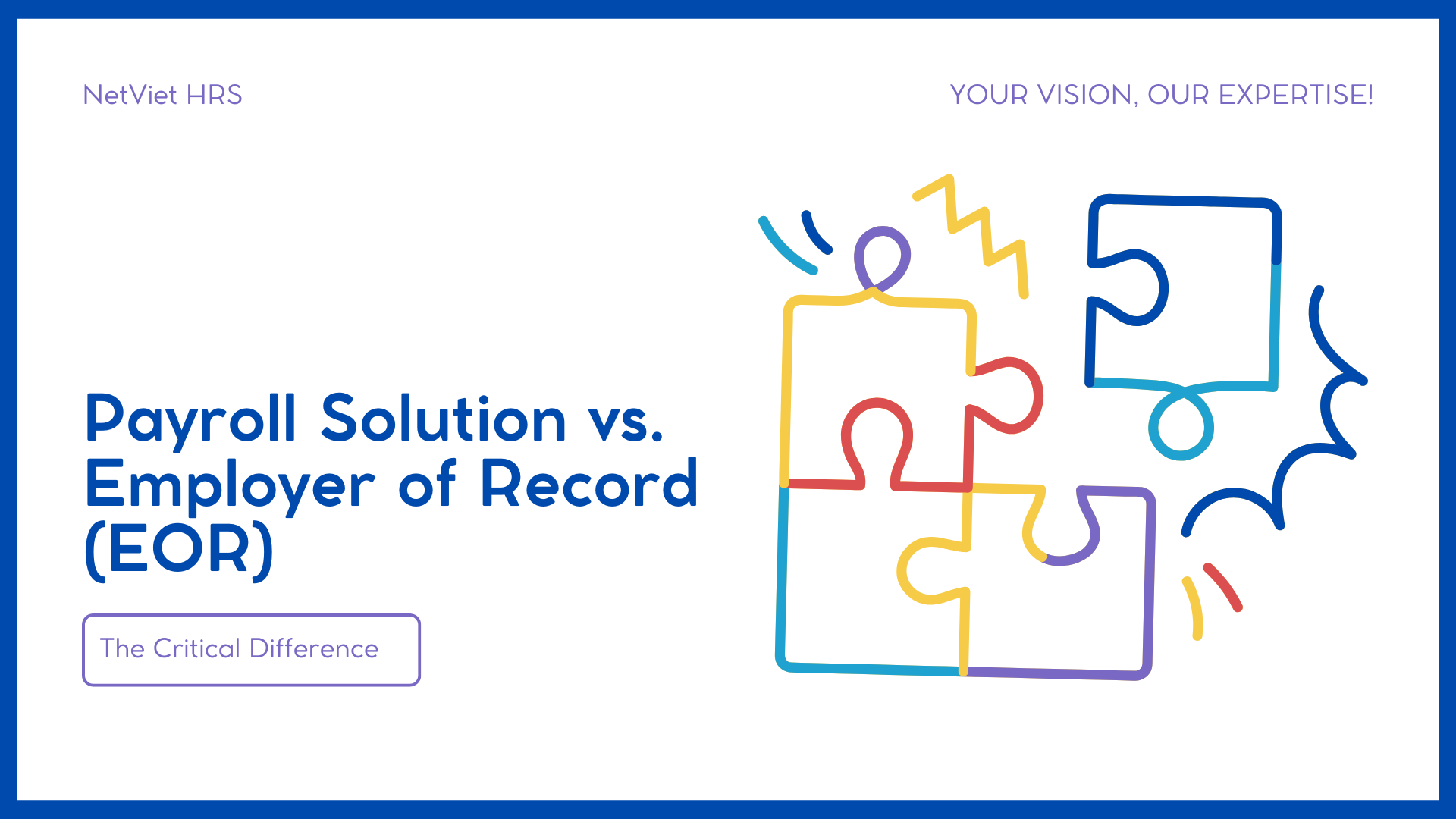Table of Contents
ToggleDo Employers in Vietnam Have to Pay Social Insurance During the Probation Period?
If you are an employer hiring Vietnamese employees, it’s essential to understand your social insurance obligations during the probation period. This knowledge helps ensure compliance and simplifies payroll management.
One common question is:
“Do employers have to pay additional salary for mandatory insurances during probation?”
Let’s break it down.
Probation Under a Separate Probationary Contract
In Vietnam, when you hire an employee under a separate probationary contract (used only for the probation period), this contract is not subject to mandatory social insurance contributions. Employees under such contracts do not need to pay compulsory social, health, or unemployment insurance (1).
Implication:
Since there are no insurance contributions required during this time, employers are not obligated to pay any additional amount equal to the typical social insurance costs.
In short, the salary paid during probation under a separate contract does not include extra compensation for social insurance.
Probation Included Within a Labor Contract
However, if the probation period is included in a labor contract (where the employee signs a full labor contract with probation terms), the situation changes:
-
The employee must contribute to social insurance from the first working day.
-
Employers are also required to make contributions for social, health, and unemployment insurance.
-
In this case, you do not need to pay extra salary to offset the insurance amount. The contributions are already handled through payroll deductions and payments.
How Long Can the Probation Period Last?
Vietnamese labor law limits probation periods based on job types:
| Job Type / Position | Maximum Probation Period |
|---|---|
| Ordinary jobs with vocational training | Up to 30 days |
| Jobs requiring college or university degrees | Up to 60 days |
| Managerial or specialized roles | Up to 180 days |
Employers and employees can only agree on one probation period for a specific job. Also, the law does not allow probation in labor contracts shorter than one month.
What Should Employers Do?
-
Choose the right contract type:
If you want to delay social insurance contributions, use a separate probation contract. But remember, this excludes the employee from social insurance benefits—and employers do not need to pay extra salary to compensate for that -
Include probation in labor contracts:
If you include probation inside a labor contract, prepare to make insurance contributions from day one. -
Communicate clearly:
Always inform probationary employees about their insurance status and salary structure. -
Ensure compliance:
Vietnam’s authorities require employers to contribute to social insurance as soon as they sign a labor contract, regardless of the probation clause. Failing to comply may lead to penalties.
Conclusion
Foreign employers in Vietnam should carefully consider how to structure probation periods. If you use a probationary contract, you are not responsible for social insurance or compensating with extra salary. On the other hand, if probation is within a labor contract, you must pay social insurance from the beginning. In addition, employers do not need to provide additional compensation.
To stay compliant and manage payroll with confidence, consider working with a local HR partner like NetViet.
Contact NetViet for expert HR and payroll support to help your business navigate Vietnam’s labor laws smoothly.
Note:
(1) Vietnam’s Labor Code 2019 and the Law on Social Insurance 2014
Follow NetViet for the latest industry updates and more:
- Phone: +84 28 6261 7310
- Email: info@netviet.com.vn
- Website: www.netviet.com.vn
- Facebook | LinkedIn | Twitter














